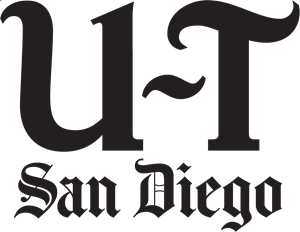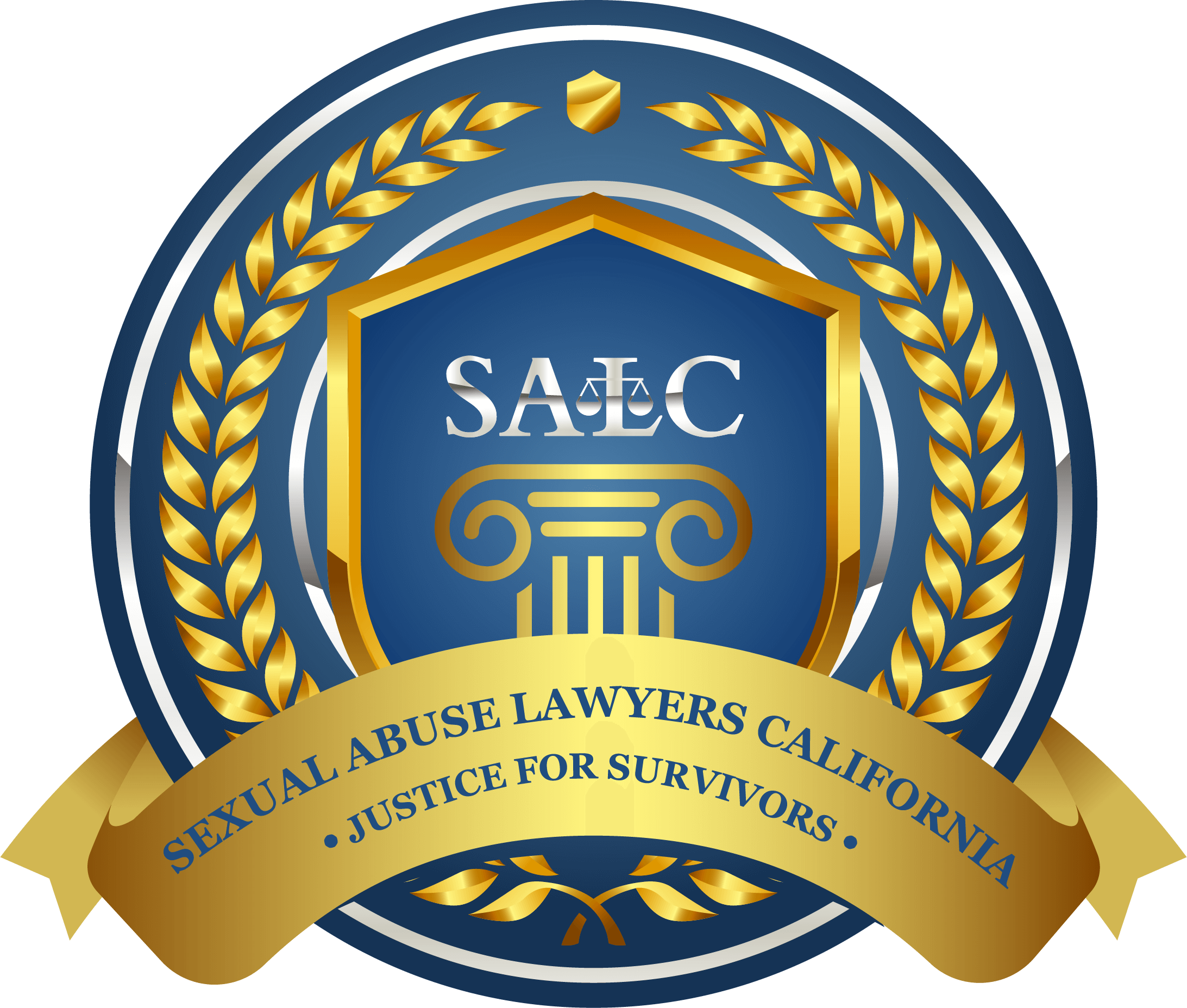Uncovering Oversight Agencies
In the realm of addressing police sexual misconduct allegations, it is paramount to shed light on the pivotal role played by oversight agencies. These organizations are tasked with the critical responsibility of investigating allegations of wrongdoing within law enforcement agencies. Understanding the structure and function of these oversight bodies is essential for both the public and those involved in the criminal justice system.
Oversight agencies serve as a crucial bridge between the law enforcement community and the public they serve. They are designed to provide independent and impartial investigations into allegations of police misconduct, including cases of sexual misconduct. These agencies are instrumental in upholding accountability, transparency, and justice within law enforcement.
This article delves into the inner workings of oversight agencies, unraveling their significance in the pursuit of justice and the protection of citizens’ rights. By exploring their roles, responsibilities, and the challenges they face, we gain valuable insights into how allegations of police sexual misconduct are investigated and adjudicated.
The Key Players: Identifying Oversight Bodies
To unravel the intricate tapestry of investigations into police officer sexual misconduct, it’s crucial to identify the key players – the oversight agencies responsible for upholding justice and accountability. These organizations, often operating at different levels of government, play pivotal roles in ensuring that allegations of sexual misconduct by police officers are thoroughly examined and addressed.
At the local level, municipal oversight bodies are at the forefront. These agencies are typically responsible for overseeing the conduct of law enforcement officers within specific city or county jurisdictions. Their role involves investigating complaints, conducting audits, and monitoring police department activities to uphold community trust.
Moving up the hierarchy, state-level oversight agencies broaden their perspective. They are tasked with regulating and investigating police misconduct across the entire state. These entities often have the authority to intervene in cases involving police officer sexual misconduct, ensuring consistent standards and responses.
Furthermore, federal oversight bodies, such as the Department of Justice, also have a crucial role to play. They investigate systemic issues and patterns of misconduct that may extend across multiple jurisdictions. Their oversight can lead to significant reforms and changes in policing practices nationwide.
Understanding the distinct roles and responsibilities of these oversight agencies is vital for comprehending the mechanisms in place to address police officer sexual misconduct allegations effectively. Each layer of oversight contributes to the overall accountability and transparency within the law enforcement community.

The Local Perspective: City and Municipal Oversight
When it comes to addressing allegations of police sexual misconduct within their jurisdictions, local government bodies and municipal agencies play a pivotal role in ensuring accountability and transparency. These entities are often the first line of defense in upholding the integrity of law enforcement and the rights of the community they serve.
Local oversight bodies are entrusted with investigating and addressing allegations of misconduct involving police officers at the city or county level. Their proximity to the community allows them to have a more intimate understanding of the specific challenges and needs of their constituents.
Effective local oversight mechanisms can be found in various cities and regions across the country. For instance, cities like Portland, Oregon, have established robust oversight bodies like the Independent Police Review, which conducts impartial investigations into allegations of misconduct. Similarly, Seattle, Washington, has the Office of Police Accountability, known for its proactive approach to addressing police misconduct.
These examples demonstrate that local oversight agencies can effectively investigate and address allegations of police sexual misconduct when properly empowered and equipped. By maintaining close ties to the community and implementing transparent investigative processes, these agencies help build trust between law enforcement and the public while holding officers accountable for their actions.
Understanding the intricacies of local oversight mechanisms is essential in comprehending the multi-layered approach to addressing police sexual misconduct allegations and ensuring justice is served at the grassroots level.
State-Level Oversight: A Broader View
State-level oversight agencies wield significant authority when it comes to investigating allegations of police sexual misconduct, providing a broader perspective on these critical issues. These agencies serve as key players in ensuring accountability within their respective states, offering a more comprehensive approach to addressing cases of sexual abuse by police officers.
The role of state-level oversight agencies extends beyond the confines of individual municipalities. They often have jurisdiction over multiple law enforcement agencies within the state, including state police and county sheriff’s departments. This broader reach allows them to investigate and address cases of sexual misconduct that may involve officers from various jurisdictions.
One notable aspect of state-level oversight is the diversity of approaches taken by different states. Each state can have its own unique set of laws, regulations, and oversight mechanisms. Some states empower their oversight agencies with significant investigative authority and resources, while others may have more limited capabilities. These variations can lead to disparities in how cases of police sexual misconduct are handled from one state to another.
In some states, state-level oversight agencies may collaborate with local authorities or rely on specialized sexual abuse attorneys to conduct investigations. This collaborative approach can enhance the effectiveness of oversight and ensure that justice is served for survivors of sexual abuse.
Understanding the role and approach of state-level oversight agencies is crucial for comprehending the complexities of addressing police sexual misconduct allegations on a broader scale. It underscores the importance of both state-level and local efforts in promoting transparency, accountability, and justice in cases of sexual abuse by police officers.
Federal Oversight: A National Perspective
Federal oversight agencies, including the Department of Justice (DOJ), play a pivotal role in addressing allegations of police sexual misconduct from a national perspective. These federal entities are charged with ensuring that law enforcement agencies across the country adhere to constitutional standards and safeguard the rights of all citizens.
The involvement of federal agencies in these matters is multifaceted. Firstly, they can conduct independent investigations into patterns or systemic issues of misconduct within local and state law enforcement agencies. Such investigations can lead to critical reforms aimed at preventing future misconduct.
Secondly, federal oversight often serves as a complementary force that bolsters the efforts of local and state-level oversight agencies. Federal agencies can provide additional resources, expertise, and legal authority to assist in the investigation and prosecution of cases involving sexual misconduct by police officers. This collaboration enhances the likelihood of a thorough and impartial inquiry.
Moreover, federal oversight agencies have the capacity to influence local and state-level efforts through the allocation of federal funding and grants. By setting standards and criteria for funding eligibility, federal agencies encourage jurisdictions to adopt best practices and adhere to federal guidelines regarding the investigation and prevention of police sexual misconduct.
In summary, federal oversight brings a national perspective to the issue of police sexual misconduct, ensuring that violations of constitutional rights are addressed comprehensively. By complementing and influencing local and state-level efforts, federal agencies contribute to a more robust system of oversight, accountability, and justice in cases of sexual misconduct by police officers.

Challenges Faced by Oversight Agencies
Oversight agencies tasked with investigating police sexual misconduct allegations confront a series of formidable challenges that can impede the effectiveness of their crucial work. These obstacles not only complicate the process but also have far-reaching implications for the pursuit of justice and civil claims related to sexual abuse.
One significant challenge is the reluctance of survivors to come forward and report incidents of sexual abuse by police officers. Fear of retaliation, mistrust in the system, and concerns about the credibility of their claims can deter survivors from seeking redress. This underreporting makes it difficult for oversight agencies to uncover cases and conduct thorough investigations.
Another obstacle lies in the potential lack of cooperation from law enforcement agencies and officers under investigation. Obtaining access to critical evidence, such as body camera footage or personnel records, may prove challenging. This lack of transparency can hinder oversight agencies in their efforts to gather essential information.
Furthermore, the complex legal and procedural hurdles associated with civil claims related to sexual abuse can pose difficulties for oversight agencies. The need to balance the rights of the accused officers with the pursuit of justice for survivors requires a delicate and often protracted legal process.
Overall, these challenges underscore the importance of ongoing reform and improvement within oversight agencies to enhance their ability to address police sexual misconduct allegations effectively. Recognizing and addressing these hurdles is essential for achieving justice and accountability in civil claims related to sexual abuse.
Transparency and Accountability: Demands from the Public
In recent years, there has been a growing demand from the public for transparency and accountability within oversight agencies tasked with investigating police sexual misconduct. The public recognizes the importance of holding law enforcement accountable for their actions, particularly in cases of elected official sexual abuse. Advocacy groups, grassroots movements, and concerned citizens have played a pivotal role in shaping the work of these agencies.
Public pressure has pushed oversight agencies to adopt more transparent investigative processes and disclose their findings to the community. Advocacy groups have raised awareness about the need for unbiased and thorough investigations into police sexual misconduct allegations, further emphasizing the importance of accountability.
These demands have led to increased scrutiny of oversight agencies, prompting them to reevaluate their procedures and practices to align with public expectations. The voices of survivors and advocates have underscored the urgency of addressing elected official sexual abuse and ensuring that those responsible are held accountable.
Recent Cases and Their Outcomes
Examining real-life cases of police sexual misconduct provides invaluable insights into the work of oversight agencies. These cases highlight the agency’s ability to investigate and address such allegations effectively. In some instances, oversight agencies have successfully uncovered evidence and taken disciplinary actions against officers involved in elected official sexual abuse cases. These outcomes are crucial in restoring public trust and ensuring justice for survivors.
In other cases, the outcomes may reveal areas where oversight agencies can improve their practices and procedures. Whether through the implementation of reforms or the adoption of best practices from different regions, the analysis of recent cases informs the ongoing efforts to enhance the effectiveness of oversight agencies in addressing police sexual misconduct.

Improving Oversight: Proposals and Solutions
To strengthen the effectiveness of oversight agencies in addressing police sexual misconduct, various proposals and solutions have been put forth. One potential reform involves increasing the independence of these agencies to ensure impartial investigations. Additionally, enhancing collaboration between oversight bodies, law enforcement, and elected officials can lead to more robust oversight mechanisms.
Moreover, adopting standardized investigative procedures, such as victim-centered approaches, can improve the handling of cases involving elected official sexual abuse. Training oversight agency personnel in trauma-informed techniques and cultural competency is essential to better support survivors and gather accurate information.
Looking to successful models from different regions can provide valuable insights into best practices for oversight agencies. By prioritizing transparency, accountability, and survivor support, oversight agencies can work toward their ultimate goal of addressing police sexual misconduct allegations effectively and delivering justice to survivors.
The Future of Oversight Agencies
As we assess the current state of oversight agencies in addressing police sexual misconduct, it is evident that these organizations play a critical role in safeguarding justice and accountability. However, the landscape is continually evolving, with growing demands for transparency and accountability. In the future, we can anticipate increased public scrutiny, the adoption of advanced investigative techniques, and a focus on survivor-centered approaches. Oversight agencies will likely need to adapt and innovate to meet these evolving challenges while maintaining their commitment to impartial investigations and the protection of civil rights.
Conclusion: The Vital Role of Oversight Agencies
In conclusion, oversight agencies are the linchpin in investigating police sexual misconduct allegations. They ensure that the rights of survivors are upheld and that accountability prevails within law enforcement. However, the work is far from over. Continued scrutiny, transparency, and improvements in oversight practices are essential. The vital role these agencies play in promoting justice cannot be overstated, and it is our collective responsibility to support their mission in the pursuit of a fair and just society for all.










